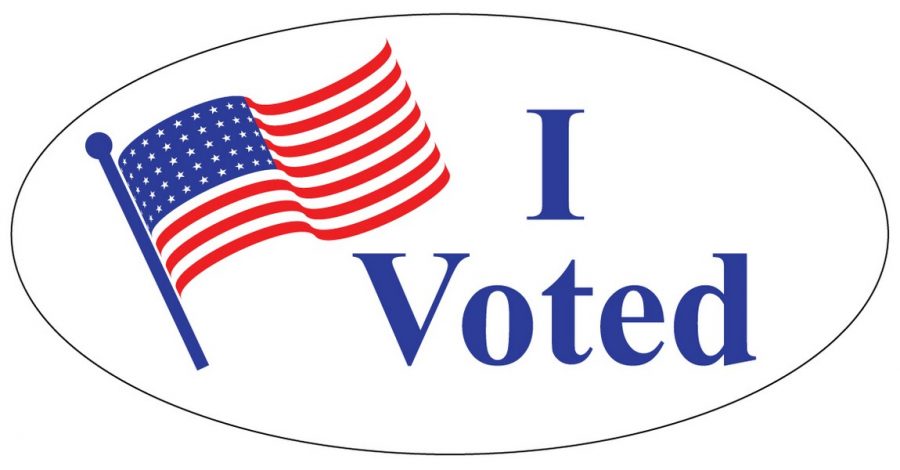Empty Ballot Boxes
In the United States today, disenfranchisement is a popular topic with pundits and journalists reporting on cases affecting Democrats and Republicans alike. Although America has a history of voter discouragement, from poll taxes and literacy tests in the mid 20th century to controversial voter ID laws in effect today, the electoral system as a whole has been unrepresentative since its creation.
In the 2016 election, despite receiving more media coverage than ever before, only 55.4 percent of eligible voters cast a ballot. This was no irregularity; In the last 20 years, the highest voter turnout was only 63.7 percent in 2008. America is often revered as a global leader of innovation and efficiency, but when it comes to our electoral system, we choose to stick to outdated practices.
There are three major reasons for such low voter turnout: a lack of incentive, unclear and varying deadlines on voter registration, and the fact that Election Day is the first Tuesday after the first Monday in November.
When observing how other democracies function, it is worth noting that out of the ten countries with the highest rates of voter turnout, seven actively have or used to have compulsory voting systems. This means as a citizen, you have a duty to vote in local and general elections. Punishments range from $20 fines in Australia, to the loss of your right to vote entirely in Indonesia. The U.S not only has no incentive for people to vote, but it doesn’t provide even a slap on the wrist to spur voters into action.
In the U.S, another common obstacle voters face are the voter registration deadlines. These deadlines vary from state to state: for example, in Colorado, voters can register by mail or online only eight days before the election, as well as in person on election day. On the other hand, here in Michigan, you must register 30 days before Election Day by mail, or 21 days prior in person. Online registration isn’t even offered. With such drastic differences state to state, it is confusing and difficult for many Americans attempting to register to cast their first vote.
The final, but most important reason for the United States’ poor rates of voter turnout is a tradition decided on in 1875: voting on Tuesday. In 1875, voting was much different than it is today. People traveled by horse and buggy and it took voters days to arrive at their polling places. It was also decided that no one should be forced to travel during the Sabbath, and this led to a law making the first Tuesday after the first Monday of November Election Day. Now, 150 years later, most voters live within a few miles of their local polling place. Many also have access to a mode of transportation more efficient than a horse and carriage.
Holding elections on Tuesdays may feel like a harmless inconvenience, but it is a large cause of disenfranchisement and low voter turnout as it targets low-income workers and families who are more impacted by the loss of a day’s pay. Asking the entire population of our country to take off a Tuesday is ridiculous and will always hold the U.S back from a truly representative democracy.
In 2015, a bill was introduced to Congress to move election day to the weekend. The bill would make the U.S the 59th Democratic nation to hold Election Day on the weekend. Unfortunately, the bill has been stagnant since 2015, so it is unlikely that Election Day will change dates any time soon. The most simple and plausible solution would be following the example set by South Korea, which also has a Tuesday election day but declares Election Day a national holiday. This would allow voters all across the country from all walks of life to vote in local and general elections without worrying about the ramifications in their professional lives.
Voting is a right that all Americans have, but despite amendments like the 15th and 19th that have nullified laws that blatantly disenfranchised people, there are still many aspects of our electoral system that don’t fairly represent people based on race, party, socioeconomic status, and many other factors. As the world’s most famous democracy, the United States needs to follow in the footsteps of countries like Australia, Chile and Malta. We need to modernize our electoral system so that everyone has a say in every election.

Jordan De Padova is a senior who splits his time between both Pioneer and Community High School. He is a Managing editor going into his third year on staff who loves to listen to, talk about, and write about music. Jordan owns 4 pairs of white Reebok shoes and is most proud of his position as “Line Leader” in Mrs. Gerhart’s 5th grade class. In the future he hopes to scuba dive and produce a Billboard Hot 100 song, but as of right now he’s enjoying Mock Trial and giving free rides.










